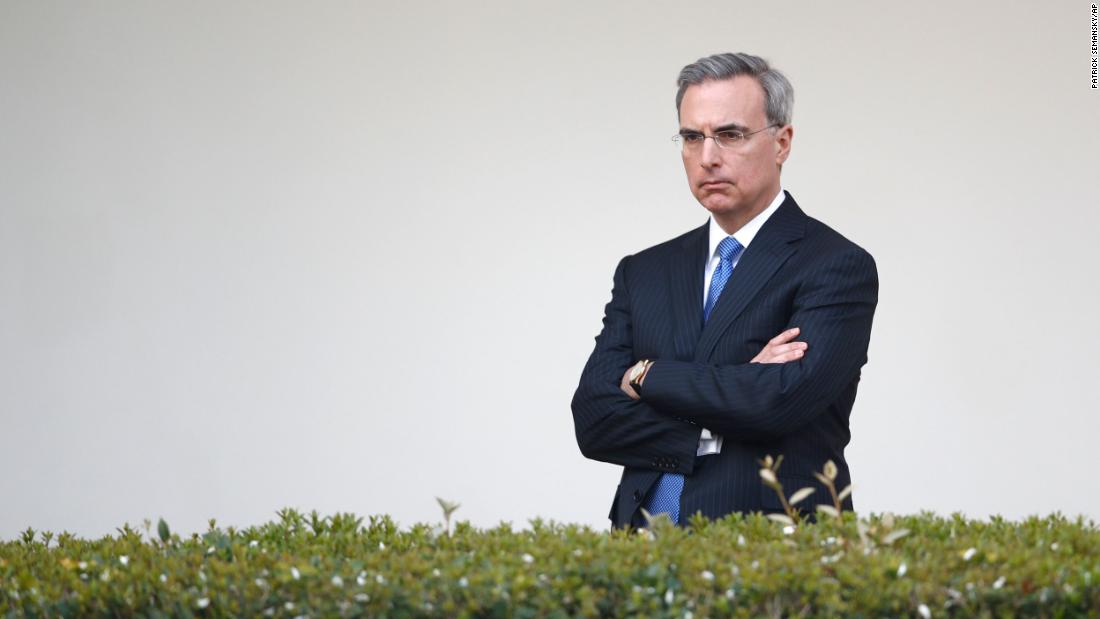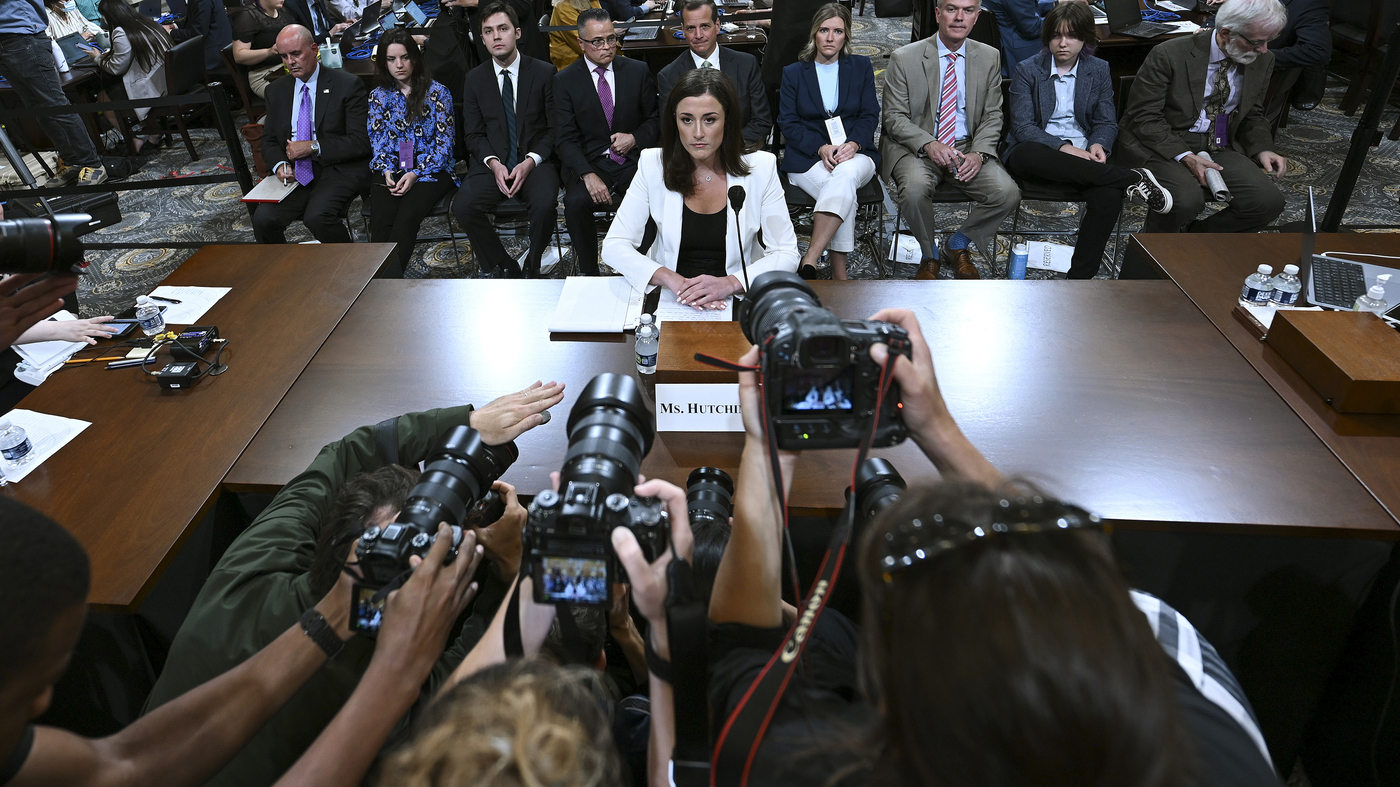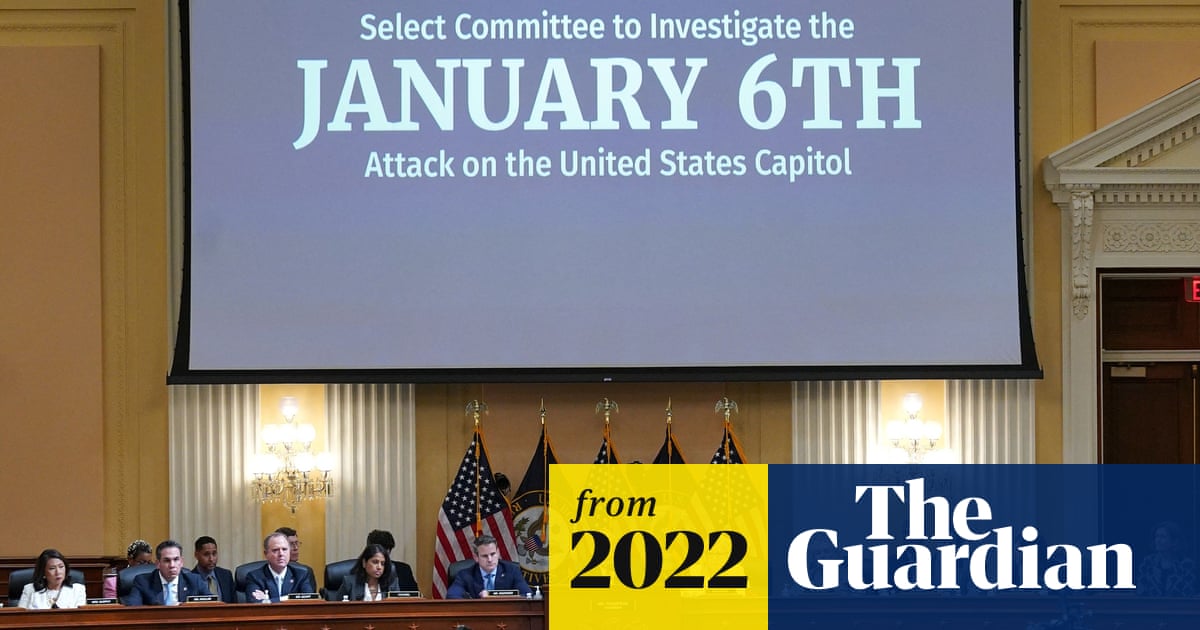Al-O-Meter
Well-Known Member
Cassidy Hutchinson is the Amber Heard of these hearings.Cassidy Hutchinson is the John Dean of these hearings.
Cassidy Hutchinson is the Amber Heard of these hearings.Cassidy Hutchinson is the John Dean of these hearings.
Unfairly vilified despite the believability of her testimony? I agree.Cassidy Hutchinson is the Amber Heard of these hearings.
Don’t know anyone saying the MOST important story, but yeah, absolutely historic, and I’m riveted to these hearings. This well known American historian agrees that they are of historic importance….I agree with him.Did all the hand waving and breathless exclamations of the January 6th Committee hearings being the most important story in American history do what democrats had hoped?

Well, I remember the Watergate hearings very well, (do you?),and Cassidy Hutchinson is most assuredly the John Dean of the 1/6 hearings.Cassidy Hutchinson is the Amber Heard of these hearings.
On the other hand….Cassidy Hutchinson is most assuredly the John Dean of the 1/6 hearings.

That would be huge. It’s also needed. We need to hear from Pat. And I don’t know why he wouldn’t. He’s actually looked like one of the sane ones. He’s not competing to be president someday.On the other hand….

January 6 committee subpoenas Trump White House counsel Pat Cipollone for testimony
The House select committee investigating the January 6, 2021, US Capitol attack has issued a subpoena to compel testimony from Pat Cipollone, former President Donald Trump's White House counsel.www.cnn.com
Most minds will not be altered by these hearings, but a few conservative commentators and outlets have turned…Lastly, we all know how worthless these hearings are by Fox News’s efforts to at first ignore them and now trash them. They’re worried. They know these hearings are working.


LOL. Meanwhile here in reality Biden set a new record this morning for how many Americans have no faith in his fitness for the job and neither the January 6th Committee hearings or the overturning of Roe has moved the needle an appreciable amount in the generic congressional poll.They’re worried. They know these hearings are working.


Biden is clearly unpopular. The red in the second graph has a slight downward trend since mid-May(?).LOL. Meanwhile here in reality Biden set a new record this morning for how many Americans have no faith in his fitness for the job and neither the January 6th Committee hearings or the overturning of Roe has moved the needle an appreciable amount in the generic congressional poll.


